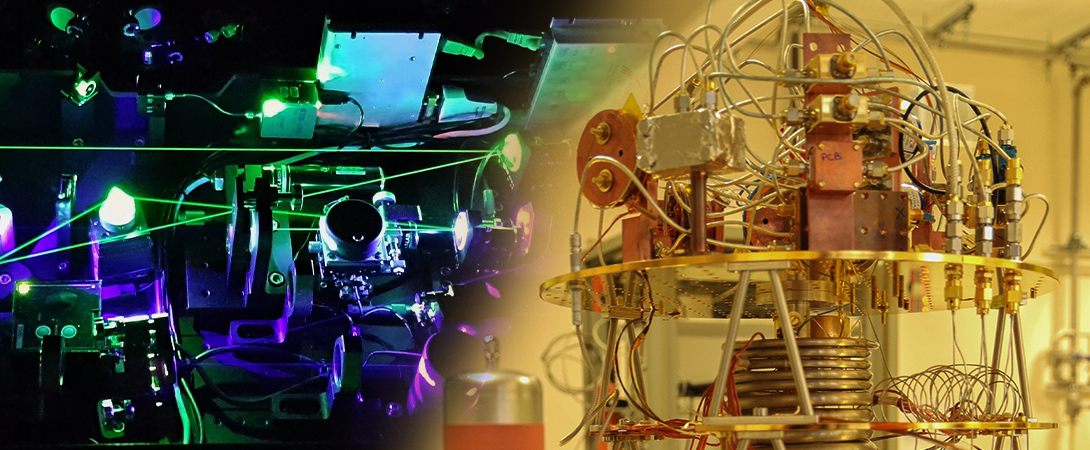 Click here to explore the program by watching the presentation video and hearing testimonials from alumni.
Click here to apply to the program (M1/M2 Master students or 2A/3A engineer school students)
Click here to explore the program by watching the presentation video and hearing testimonials from alumni.
Click here to apply to the program (M1/M2 Master students or 2A/3A engineer school students)
University Grenoble Alpes (UGA) ranked among top French universities has been awarded by the Investments for the Future Program (IFA) to set-up a
graduate school at Master level in order to strengthen the impact and international attractiveness of their training through research. The graduate school brings together six academic components of UGA and its partners within Idex: CEA, CNRS, Inria, CHU Grenoble Alpes, Inserm and INRAE as well as large-scale facilities (ESRF, ILL, GMBL, EMBL). UGA has identified 15 thematic programs within the graduate school, among which a thematic program dedicated to quantum information, quantum engineering, quantum matter and technologies. Grenoble offers indeed a large choice of training opportunities in this field ranging from established Master programs in condensed matter physics to a newly opened Master program in quantum information and quantum engineering.
 Master 1 and 2A scholarships
Master 1 and 2A scholarships: The quantum thematic program offers each year two-year Master scholarships open to national and international students. The amount of the scholarship is 14 500 € for two years. The scholarship includes the mandatory gratification you will obtain during the internship. For the academic year 2025-2026, the call is now open. To be eligible to the call, students should apply first independently to one of the two first year tracks of the program (
Master 1 Nanophysics-quantum physics or
IPHY 2A 2nd year engineer school track).
Please check the deadlines of the different application portals:
Etude en France (campus France),
Mon Master.
Mandatory preselection application before May 16
th 2025: follow the instructions listed
here.
Registration on the Graduate School Sphinx portal: deadline May 31
th 2025, click
here.

Topics in strong links with the QUANTUM thematic program
The QUANTUM thematic program offers specific high-level training on the quantum properties of device, matter and light shared by several Master programs. It will offer also mobility grants and internship scholarships open to national and international students. Research topics range from quantum information devices (semiconductors, superconductor, molecular or optical Qubits), quantum calculation and metrology, quantum sensors to quantum materials (bulk, nanostructures and 2D systems) or complex systems and hardware developments for quantum information processing. It also includes multidisciplinary aspects in computer science and mathematics. All these topics are currently developed in the research programs carried by QuantAlps Labex.
For the academic year 2025-2026, Masters affiliated to the thematic program consist of five first year or second year Master programs and engineer tracks (“
Nanophysics-quantum physics Master 1", "
2A-IPHY Photonics and Microelectronics second year Engineer School", “
Quantum Information-Quantum Engineering” Master 2, “
Nanophysics” Master 2, “
3A-IPHY-Photonics and semiconductors” Master 2) which will label students via common courses. The Engineer/Master students affiliated to the Quantum program will be invited to start a PhD in a research laboratory, a high-tech company or a startup. The affiliated doctoral schools are: Physics (ED Phys) and Electronics, Electrotechnics, Automatics and Signal Treatment (ED EEATS) and Mathematics, Information Sciences and Technologies, Informatics (ED MSTII).

Structure of the "QUANTUM" thematic program
The objective of the QUANTUM thematic program is to attract top level French and foreign undergraduate students willing to be part of the quantum technologies developments, and to promote their integration within the leading research laboratories in Grenoble and in France. Through different Master programs, it will offer to the students the proper academic background to start a PhD in a fundamental or R&D research laboratories and prepare them to a professional career in academic research or in a top-level technology R&D company.
The master programs and engineer tracks affiliated to the program offer 12 ECTS labelling disciplinary courses (6 ECTS during first year and 6 ECTS during second year) covering experimental and theoretical fundamental fields in physics. Theses disciplinary courses are completed by Quantum lunch seminars focused on specific topics (physics, computer science, mathematics, philosophy,...) and on industrials developments (big companies and start-ups). These seminars are followed by a lunch during which students can discuss with the invited speaker. The cycle of Quantum lunchs take place from January to April. Students participate also to integration events where they can interact with Grenoble PhD students (3 days in total over each academic year).

Training offer summary of the program
For the academic years 2025-2026, the labelling courses are the following: